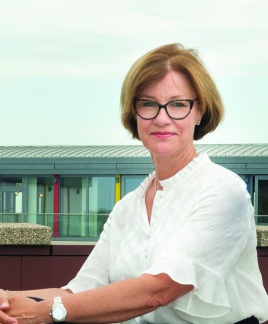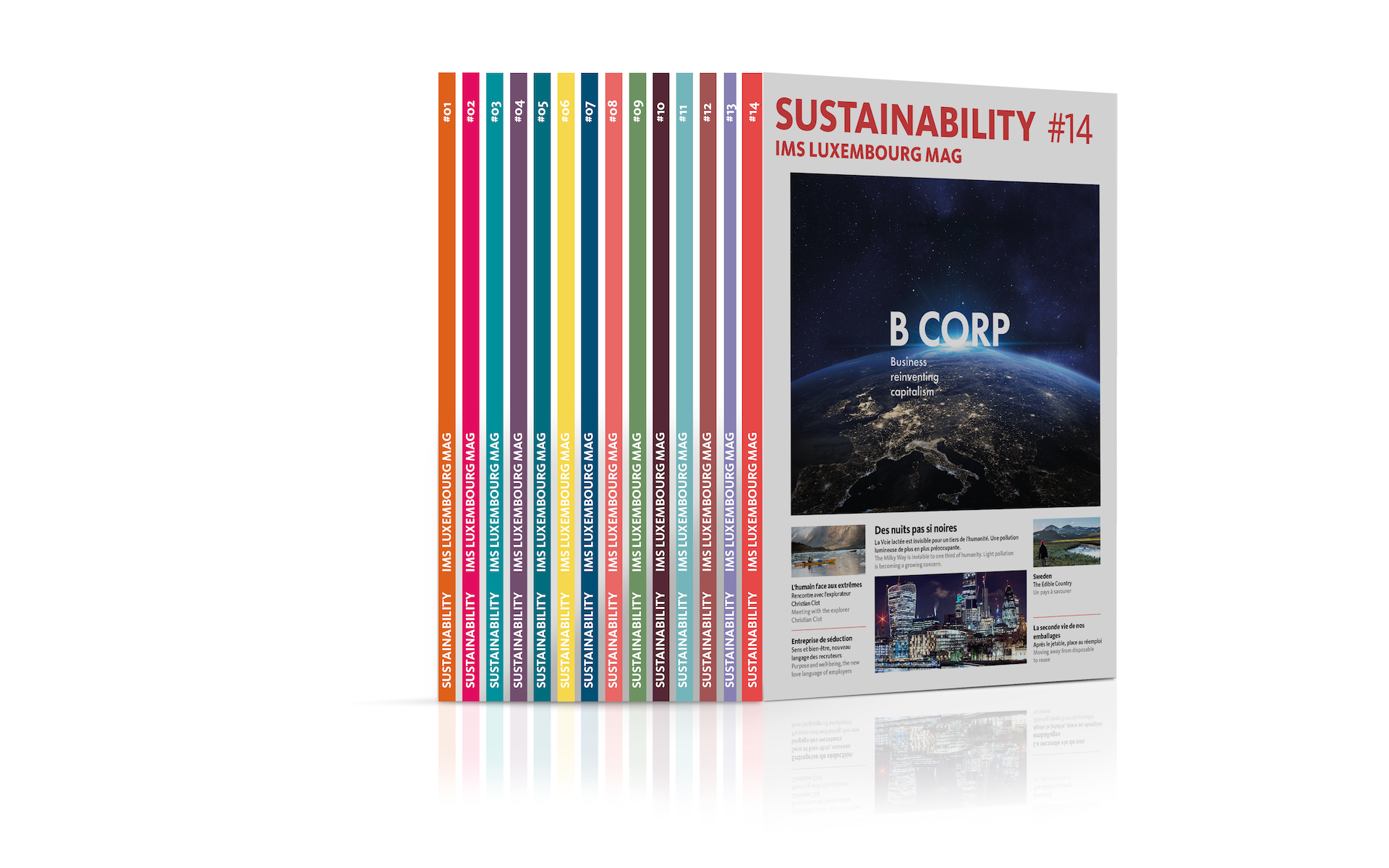Sustainable Development, Key Priority for European Institutions in Luxembourg

Europe’s ambitions in terms of sustainable development are particularly reflected in the Grand-Duchy thanks to the presence of several European institutions and agencies in the homeland of Robert Schuman, founding father of the European Union.
Today, several European institutions are established in Luxembourg: the Secretary-General of the European Parliament, the Directorate General and services of the European Commission, the European Court of Justice, the Tribunal and Civil Service Tribunal, the European Court of Auditors, the European Investment Bank and the European Investment Fund, the executive agency for consumers, health, agriculture and food and the Office of Publications of the European Union.
The European Investment Bank (EIB), for example, finances projects fostering sustainable development and the socio-economic cohesion of the European union, with a particular focus on the environmental space. Illustrated by its commitment for climate financing, 25% of the EIB’s investments - €16,2 billion invested in 2018 - are dedicated to fighting changes due to global warming.
Eurostat, the European Union’s Statistical Office, also based in Luxembourg, registers the EU and its member states’ progress on the achievement of the Sustainable Development Goals by 2030.
Their neighbour, the European Court of Auditors, controls and analyses the state of advancement of the Union when it comes to sustainability. Their recent report brought forward a nuanced account of the situation. Reports, follow-ups, audits, optimisation of the integration of the SDG. Highlights the many challenges that remain to be addressed in Europe at the height of its ambitions.

Sustainability MAG: What is the main message to be drawn from the review on reporting on sustainable development you have just published?
Eva Lindström: The European Union is committed to implementing the 2030 Agenda for sustainable development and its 17 Sustainable Development Goals. Citizens want and need reliable information on how the EU contributes to sustainable development in areas such as climate change. Our review has shown that the European Commission does not report on or monitor how the EU budget and policies contribute to sustainable development and achieving the SDGs.
EU Institutions are not delivering yet on this information but have made steps in the right direction. Important pre-requisites such as strategy and integration of SDGs into the budget are lacking. With the EU directive 2014/95 certain large companies have to report on non-financial information. Looking at the EU institutions and agencies only 2 out of 53 European bodies – the European Investment Bank and the EU Intellectual Property Office – have so far published sustainability reports.
Reporting on non-financial information is not a new topic. However, questions remain as to whether the information can be trusted and what role auditors should play. The audit community should step up their game to contribute to assurance on provided information.
In total, we have identified four challenges:
• Producing an EU strategy on sustainability and the SDGs after 2020;
• Integrating sustainability and the SDGs into the EU budget and performance plans;
• Developing sustainability reporting in EU institutions and agencies;
• Increasing credibility through audit.
Where do you foresee the scope of improvement for European institutions and agencies to achieve the 2030 Agenda and the SDGs?
For meaningful reporting to take place there needs to be a strategy, an integration of SDGs into the budget, reporting and finally you need to secure that stakeholders can trust this information. This information is used both for decision-making but also for accountability.
Soon, we will have a new Commission, moving onto the next long-term strategy and decisions on the next long-term budgetary framework of the EU. This will determine the EU’s ambition and action on sustainability for the next years. Looking ahead, I would expect the next Commission to come up with a strategy that integrates sustainability and the SDGs. Citizens and vocal young generation want Europe to lead by example and credible information on how the EU is achieving its commitment to Agenda 2030.
To be read also in the dossier "Small and Bigger Steps Towards a Sustainable Europe":

